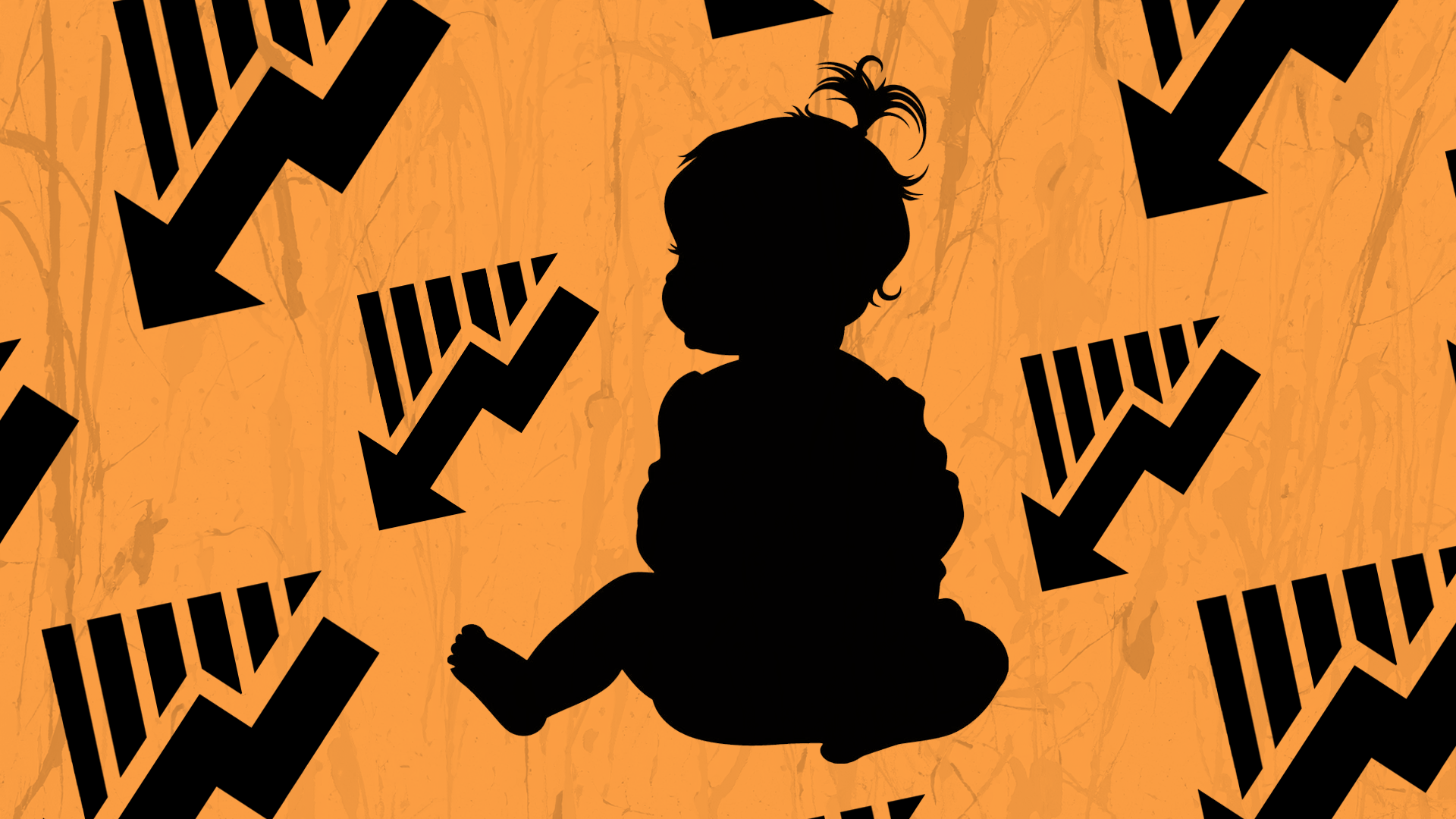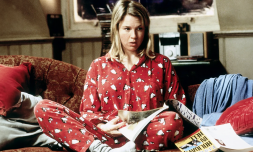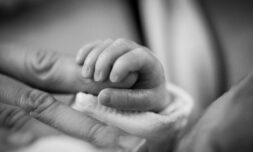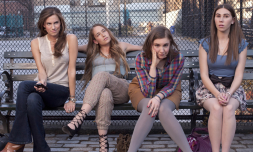Falling birthrates are reshaping the modern world. But the loudest voices framing it as a crisis reveal deeper anxieties about power, tradition, and who gets to inherit the future.
It has become a familiar refrain: people aren’t having babies, and the world as we know it is on the brink. In the UK, the fertility rate dropped to 1.49 children per woman in 2022, from 1.55 in 2021. Besides the swift drop, that’s well below the replacement level of 2.1.
Globally, the pattern is similar. South Korea’s fertility rate has plummeted to a staggering 0.7. Even in countries with strong family policies, like France and the Nordic nations, the trend is downward.
This so-called ‘baby bust’ is now a recurring motif in political and economic forecasts. The media has framed the fall in fertility as a ticking time bomb for Britain’s long-term fiscal health, as fewer workers support an increasingly retired population.
Others frame it more apocalyptically, highlighting that death has now been outstripping birth in Britain since the end of last year. ‘There are now more funerals than baby celebrations,’ Robert Booth and Michael Goodier wrote in The Guardian – not to put too fine a point on things.
There is no denying the demographic shift. But the tone of panic surrounding it – especially among right-wing commentators – reveals more than just concern for GDP or pensions.
Declining birthrates have long been a concern of the conservative Right, considered a source of political and religious angst rooted in fears around the decline of a traditional nuclear family. But as the baby bust continues to overshadow modern politics, it’s quickly becoming a concern of the Left, too.
Afterall, fewer young people means fewer workers, which means less tax revenue, less innovation, and greater pressure on social safety nets. The UK’s Office for National Statistics projects that by 2050, nearly one in four Britons will be over 65.
As The Guardian reports, this could strain healthcare systems and depress economic growth – not least by forcing a reckoning with how we finance retirement.
Solving this issue is complex because the decision not to have children, or to delay parenthood indefinitely, is rarely just a personal one. It reflects broader cultural forces. From unaffordable housing and insecure work, to climate dread and a pervasive sense of social stagnation, there are certainly plenty of priorities pushing babies to the bottom of our lists.
In Britain, many young adults are locked out of stable lives. Home ownership among millennials is lower than any previous generation, while childcare costs are among the highest in the OECD. University debt lingers into one’s forties. Under these conditions, it’s not surprising that many people are simply opting out of parenthood.
What’s bad for fertility, then, is often bad for society in general. People don’t need to be forced into having children. But they should be able to imagine a life where doing so feels possible (and, ideally, joyful).





















